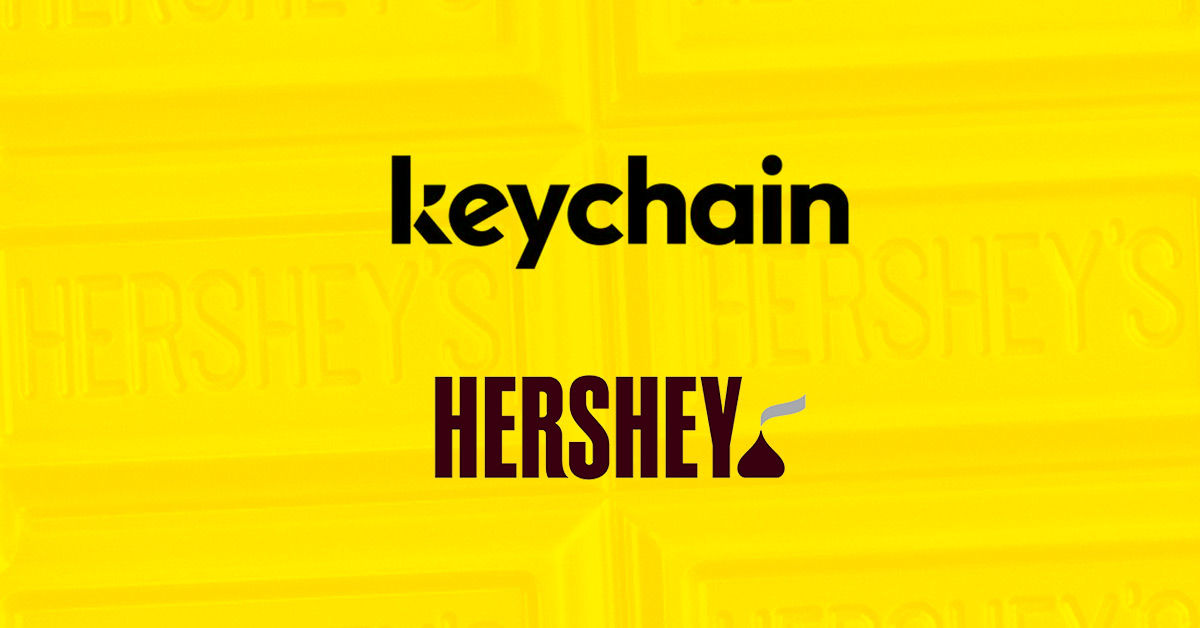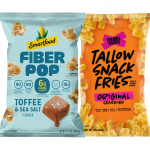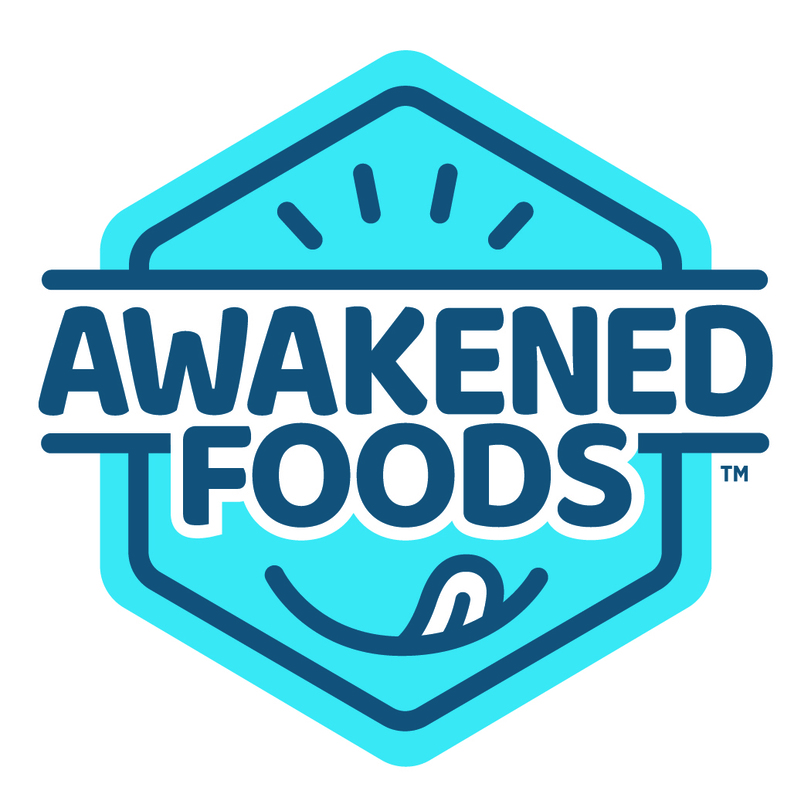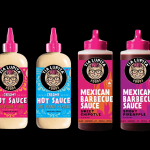Keychain Unlocks New Opportunities With Hershey’s Investment

Manufacturing B2B platform Keychain recently added $2.5 million from The Hershey Company, bringing the technology company’s total investment to around $18 million in under a year.
The deal came at a time when Keychain was not looking for new investment. But a chance introduction via “mutual friends” to Hershey’s chief development officer Kris Meulen proved fruitful for both companies. Hershey gains a stake in a company creating efficiency in manufacturing and Keychain builds more capital runway and, more importantly, a strong alliance with a CPG powerhouse.
Compounding the supply chain issues that developed during the pandemic, cocoa and chocolate have proven to be commodities increasingly susceptible to disruptions and inefficiencies. Hershey’s investment is a testament to the problems that Keychain was built to alleviate.
“People are innovating and bringing product to market so fast that inside every brand and retailer there is someone asking: ‘How do we shorten the development cycle? How do we get closer to what our customers want?’” said Keychain founder and CEO Oisin Hanrahan. “It’s almost an undeniable trend at this point that product is getting to market faster, and I think the bigger, more forward leaning CPG strategics see that.”
Founded by former Angi executives Hanrahan and Umang Dua (the team who also co-founded home service platform Handy), Keychain launched its platform in February after raising $18 million in a seed round led by Lightspeed Venture Partners in late November.
The company uses artificial intelligence to pair retailers and CPG food and beverage businesses with manufacturing partners who have the capabilities and runtime to meet the needs of production. With over 10,000 brands and retailers currently using the platform, Keychain is posting “well over $100 million in projects every single month” showing that the demand for this service is being well-received by the industry, Hanrahan said.
“There’s quite a bit of capacity in the market,” he said. “We have a backlog of hundreds and hundreds of companies that want to be on Keychain.”
Part of that demand is driven by the platform’s “search-and-discovery” appeal that is paired with a fixed fee payment model. Keychain launched with the thesis that a fixed rate would be preferred to the brokerage model offered by similar B2B tech platforms.
One area that Keychain has found its platform is still learning how it can best serve its clients is its “transactional” product Crossroad which is geared toward being a “virtual manufacturer” and tapping into manufacturing partners’ unused capacity, Hanrahan said.
“That part has just been much slower,” he conceded. “That’s not to say it’s something we will pull back from completely. It’s more that the rest of the business is now hundreds of times bigger than the transactional tool.”
In terms of the future, Keychain is looking to other CPG categories to grow into like personal care, pet care, beauty, household items or supplements. The company is also expecting to expand into international markets as it currently only covers the U.S. despite the fact that many of the businesses on the platform operate in multiple countries.
Lastly, Keychain is building value by finding ways to help streamline these business relationships between brand and manufacturer so projects can get done quicker. Keychain envisions building a software stack that will move projects through from ideation to palletized product more efficiently.
“Let’s build the rails for CPG product search and discovery but also product innovation, product development and product launch,” Hanrahan said.

















